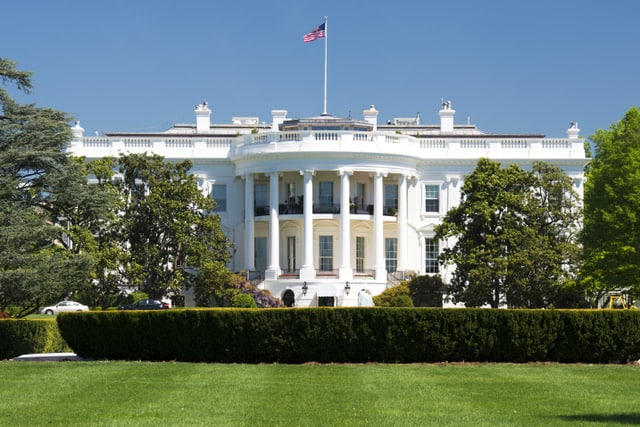
The White House has announced its new ‘Cancer Cabinet’ line-up, which is part of President Joe Biden’s Cancer Moonshot initiative.
During his time as vice president with the Obama administration in 2016, Biden began the Moonshot initiative after losing his son Beau to brain cancer.
The White House appointed three doctors to the advisory President’s Cancer Panel, including chairperson Elizabeth Jaffee, Mitchel Berger and Carol Brown.
Jaffee currently serves as a deputy director at The Sidney Kimmel Comprehensive Cancer Center at Johns Hopkins and previously served as president of the American Association for Cancer Research.
Berger is the director of the Brain Tumor Center, alongside his work as director of the Center for Neurological Injury and Repair. Brown is a gynaecologic oncologist at the Memorial Sloan Kettering Cancer Center.
The Moonshot initiative involves multiple federal agencies, including the National Cancer Institute, the US Food and Drug Administration, Centers for Disease Control and Prevention (CDC) and the National Institutes of Health, alongside the Departments of Labor and Commerce, NASA and the White House Gender Policy Council.
The CDC recently contributed $215m as part of a five-year, $1.1bn grant to assist in funding the first year of three national programmes started in the 1990s to improve cancer prevention, detection, diagnosis and control in all 50 states, as well as 18 tribal organisations and five territories.
A key aspect of the Cancer Moonshot initiative highlighted by the Cancer Cabinet in a recent announcement of ‘priority initiatives’ is the previously stated aim of trying to reduce cancer fatalities by 50% within 25 years.
A White House statement outlined the Cancer Cabinet’s priority actions, underscoring vital areas, which include improving access to cancer screenings. The statement cited that Americans missed almost ten million cancer screenings compared to previous years as a result of the COVID-19 pandemic.
The statement also highlighted the need to ‘[address] environmental and toxic exposures’, as particular environmental features can contribute to certain forms of cancer.
Additionally, the White House noted the need to ‘decrease the impact of preventable cancers’ through the use of different approaches such as the human papillomavirus infection (HPV) vaccine and hepatitis C antivirals.
The statement acknowledged the requirements for further input into R&D pipelines for patient treatment pathways, while it also recognised the demand for additional support for patients and caregivers.




